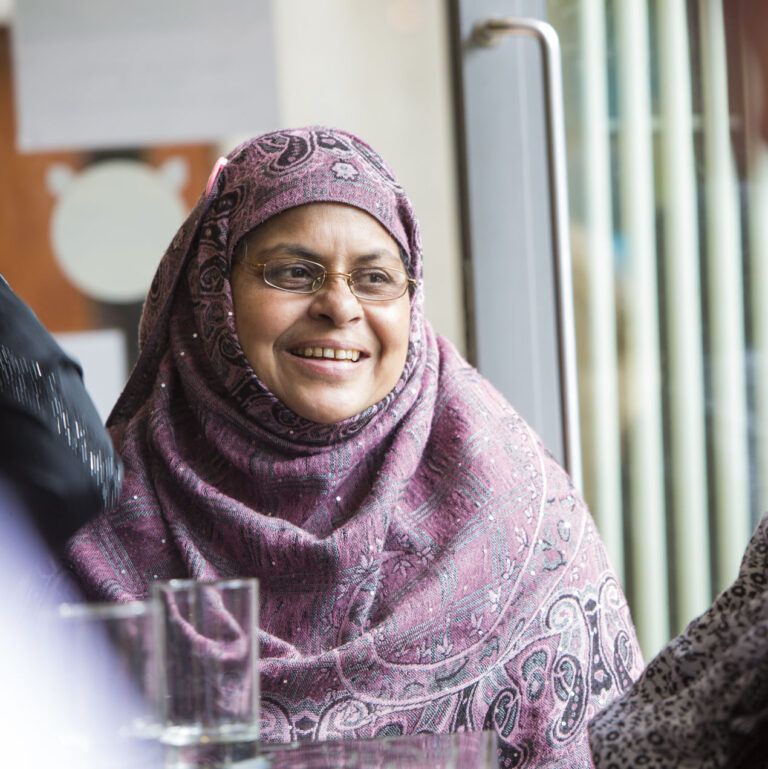Record investment in ground-breaking research across UCLPartners
In September 2016, the government announced funding totalling £816 million for ground-breaking research in the UK over five years. Funding was awarded to 20 National Institute for Health Research (NIHR) Biomedical Research Centres (BRCs); NHS and University partnerships, which host the development of ground-breaking treatments, diagnostics, prevention and care for patients in a wide range of diseases. Four of these centres fall within UCLPartners and will receive over 20% of the national funding.

Benefits to patients and the population
This funding commitment from the UK Government enables basic scientific discoveries developed in laboratories to be translated into ‘first in man’ or ‘first in child’ clinical studies.
The focus of the four NIHR BRCs within UCLPartners is directly aligned to and supports UCLPartners’ discovery science work. Their aim is to accelerate discoveries into the basis of a range of diseases and to develop new treatments or devices that will improve and save lives.
Tackling hard to treat diseases
The four BRCs are:
- Great Ormond Street Hospital for Children NHS Foundation Trust and UCL Institute of Child Health – for diseases in children
- Moorfields Eye Hospital NHS Foundation Trust and UCL Institute of Ophthalmology – for eye research
- Barts Health NHS Trust and Queen Mary University of London – for heart disease research
- University College London NHS Foundation Trust and UCL – for research into cancer, neurological diseases including dementia, cardiovascular disease and inflammation, immunity and immunotherapeutics
This latest funding means the NIHR BRCs can continue to develop some of the best science in the world and get it to patients faster than ever before. By working with UCLPartners across a wider geography, the NIHR BRCs can reach a population of six million people. Not only will this benefit people locally, the clinical discoveries can be shared to benefit patients worldwide.